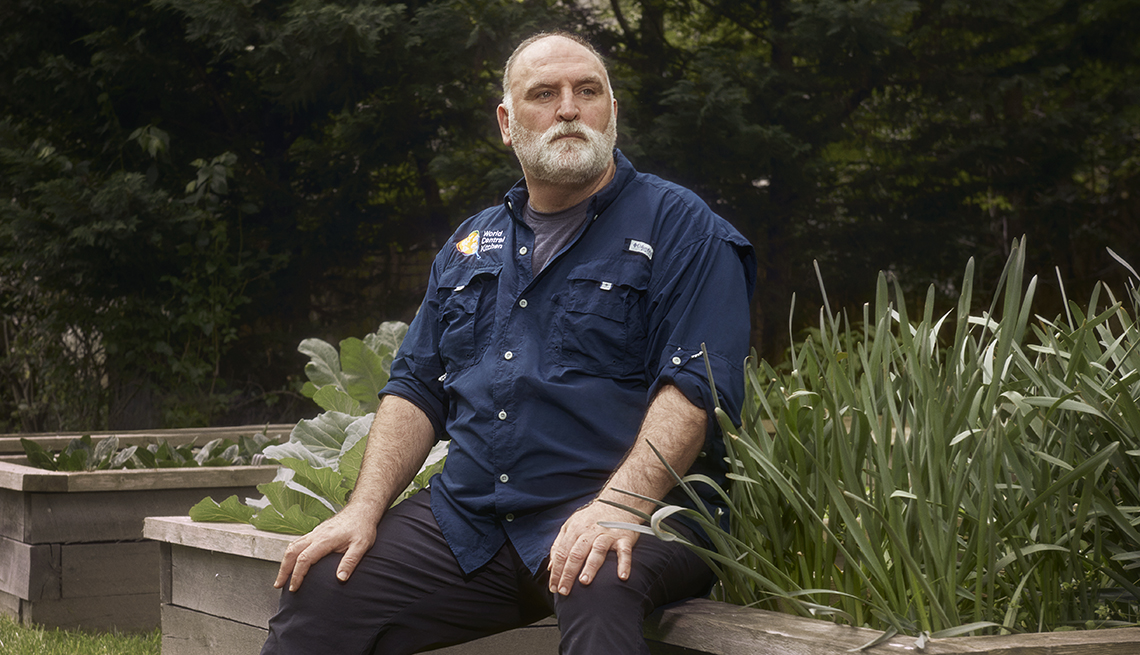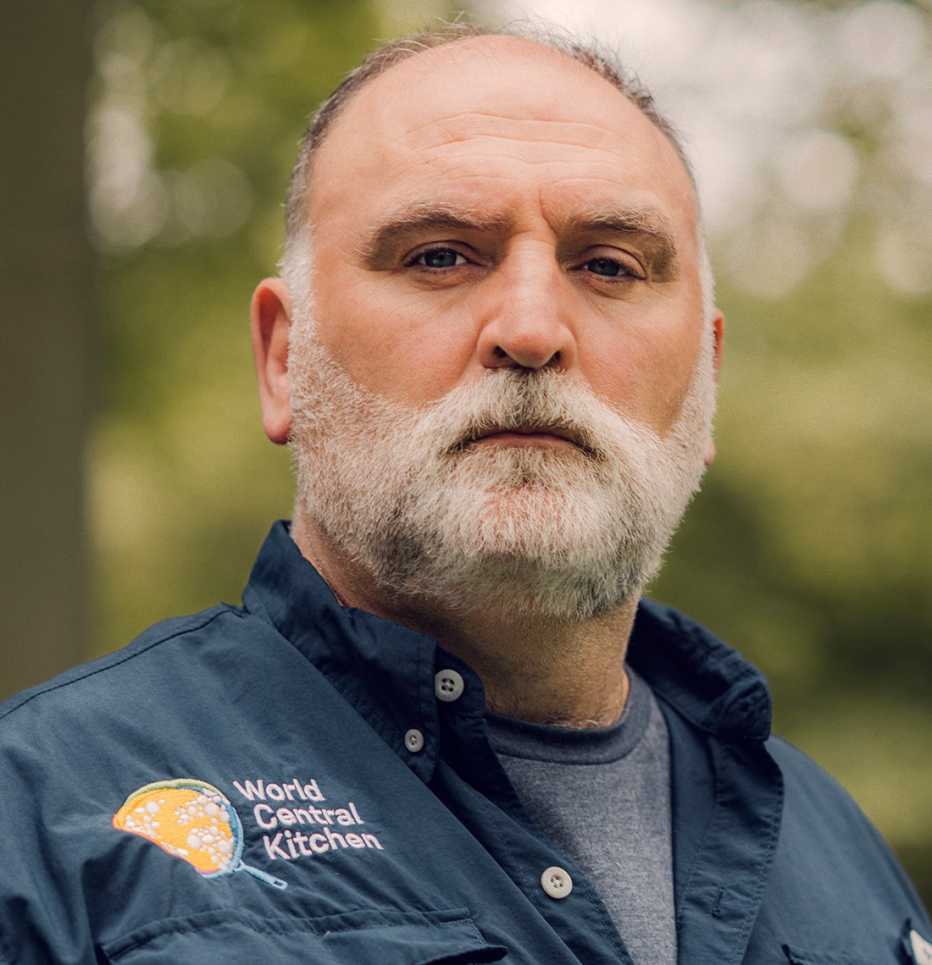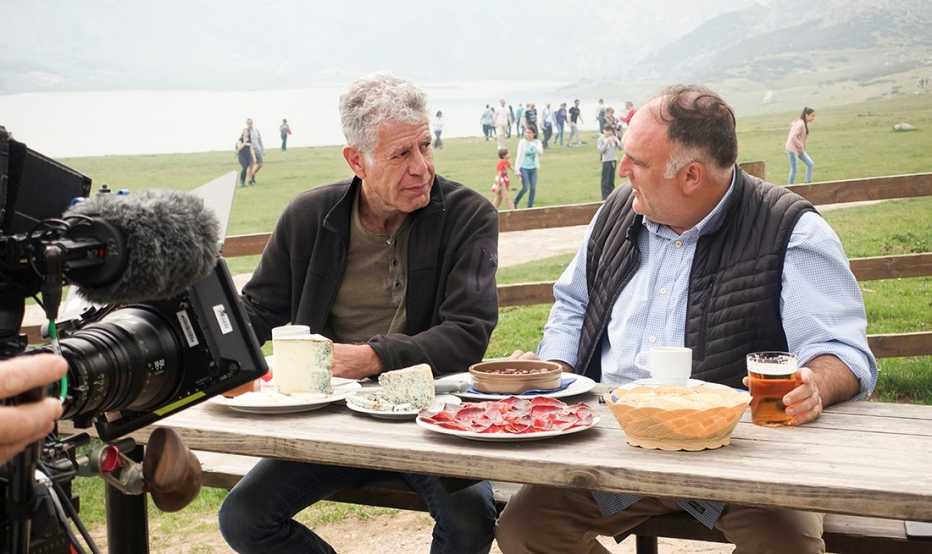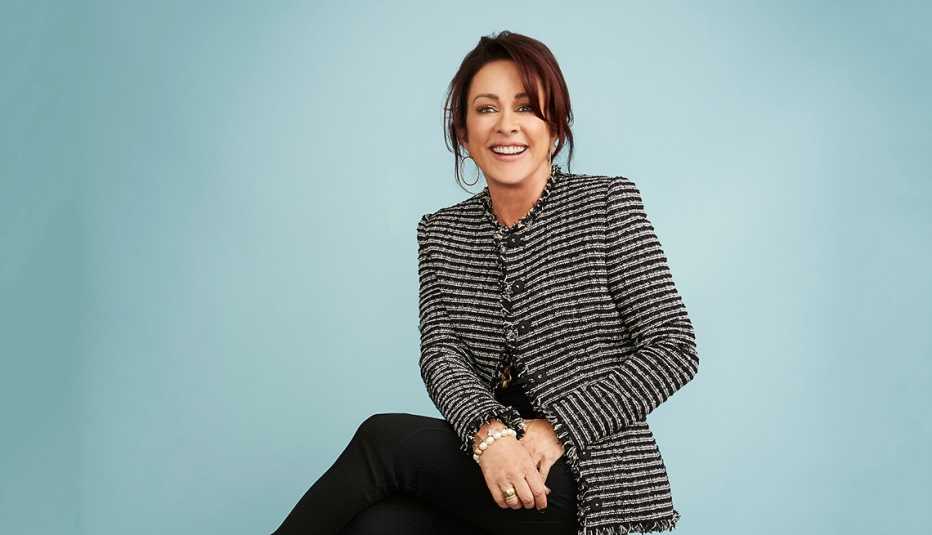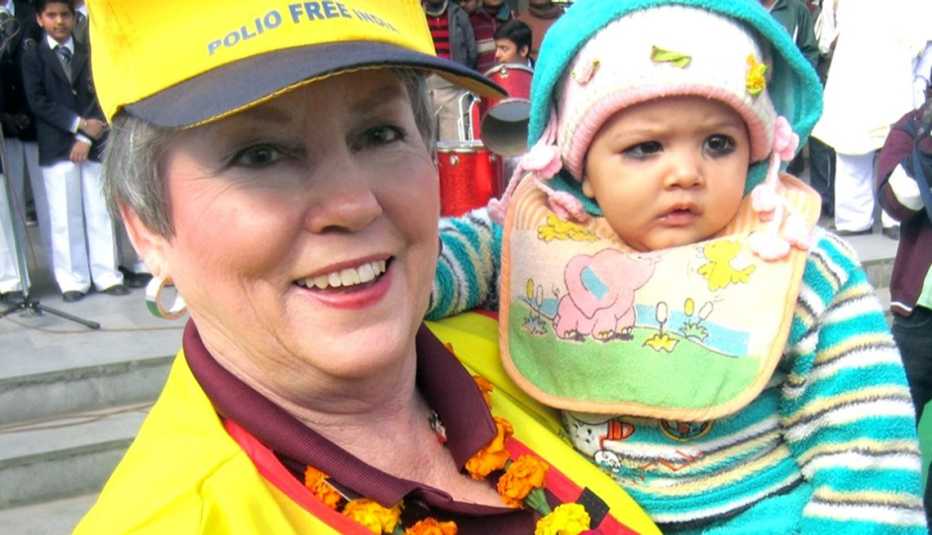Staying Fit
There is a traditional Spanish saying that goes like this: "Dime con quién andas y te diré quién eres." “Tell me who your friends are and I'll tell you who you are.”
José Andrés, renowned chef, entrepreneur, author and humanitarian, is a man who rubs elbows with presidents, industrialists, scientists and statesmen, and who stands with the hungry and homeless. But his close friendship with the late chef, activist and TV host Anthony Bourdain may reveal the most about this modern Renaissance man.


AARP Membership— $12 for your first year when you sign up for Automatic Renewal
Get instant access to members-only products and hundreds of discounts, a free second membership, and a subscription to AARP the Magazine.
I know how much Bourdain loved Andrés, because Bourdain told me so himself, in an interview a few months before his death, in June 2018: “[José] is just as driven, just as emotional, just as genuinely concerned, as he appears to be. He can't help it. He's a good man.… He's like superhero level.”
Andrés, who turned 51 this year, lives his convictions. In 2010, he founded World Central Kitchen, a nonprofit that responded after a massive earthquake devastated Haiti and killed tens of thousands. The goal from the start was to provide food relief and longer-term resilience.
World Central Kitchen's network of thousands of volunteer chefs also provides education and empowerment — for example, by helping Haitian families replace toxic solid cooking fuels with cleaner, healthier solar power and natural gas. “Pragmatic hard work, boots on the ground — these are the things that make good ideas succeed,” Andrés says. “We believe a plate of food can be the beginning of a better tomorrow.”

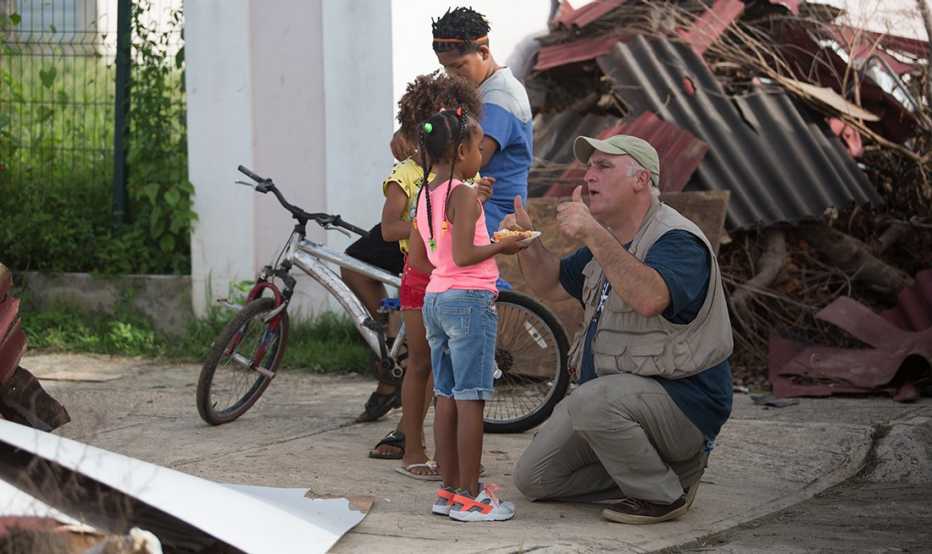
By the time deadly Hurricane Maria hit Puerto Rico in 2017, Andrés and his group were able to deliver nearly 4 million meals to those in need. Where people are hungry, whether in the wake of a volcanic eruption in Guatemala; a hurricane in North Carolina; a cyclone in Mozambique; the border crisis in Tijuana, Mexico; the political collapse in Venezuela; or tsunamis in Indonesia, you'll find World Central Kitchen feeding them — over 25 million meals so far.
This work has brought Andrés multiple honors, including a National Humanities Medal and a James Beard award for Humanitarian of the Year. Plus, he is a restaurateur whose company employs 1,600 people and owns 28 restaurants and two food trucks in nine cities (including two two-star Michelin Guide honorees, Minibar and Somni).
Andrés is a tall, imposing person, with a trim white beard and a sturdy physique. The intensity in his dark-lashed blue eyes is unchanged from the expression you can see in a photo of the slim 20-something who trained with chef Ferran Adrià at El Bulli, the legendary temple to molecular gastronomy near Barcelona, Spain.
At El Bulli, Andrés began his long career of inventing shocking and beautiful eating experiences. Many years later, he fed 60 Minutes’ Anderson Cooper a caramelized popcorn that caused the anchor to breathe out smoke, like a dragon. “What just happened?!” Cooper exclaimed, looking like a kid who just got off a roller coaster.
Talking with José Andrés is an exhilarating experience; his energy and charisma seem to blast you right back in your chair, like in the old Maxell cassette tape commercial. But in the end, what one comes away with is the sheer force of his humanity, in combination with a steely pragmatism. As he wrote in We Fed an Island, his best-selling account of World Central Kitchen's disaster relief efforts in Puerto Rico, “There's a world of difference between wanting to do good and knowing how to make it happen.”

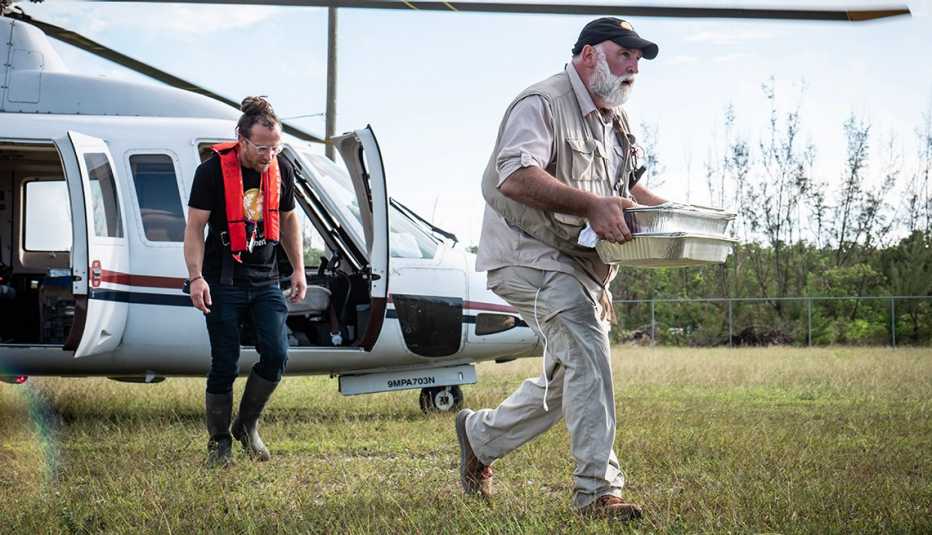
A family of caregivers
Andrés comes from a family of caregivers; both of his parents were nurses — and good cooks. “My mom could do anything with leftovers,” he notes. And after the death of his father, Mariano, nearly two years ago, he tweeted a photograph of the family patriarch tending a massive pan of paella with this caption: “He loved cooking for everyone.… If more people showed up, he told me, just add more rice.”
In 2013, Andrés became a U.S. citizen, but he didn't leave his Hispanic roots behind. He's a superstar in his native country; he starred in a popular Spanish cooking show, Vamos a cocinar con José Andrés, from 2005 to 2008. On one episode, he invites you to smell the diced chorizo and potatoes he's frying in a pan with a bit of rosemary.
"¡Qué maravilloso!” he shouts feelingly, and one can only agree. Later, his pal Ana shows up with a bottle of red wine. What a meal! Deep-fried egg, the chorizo and potatoes, toasts spread with the soft Spanish sausage called sobrasada (because you definitely need some sausage with your sausage) and a squat tumbler of red wine for each. Breakfast of champions.



























































